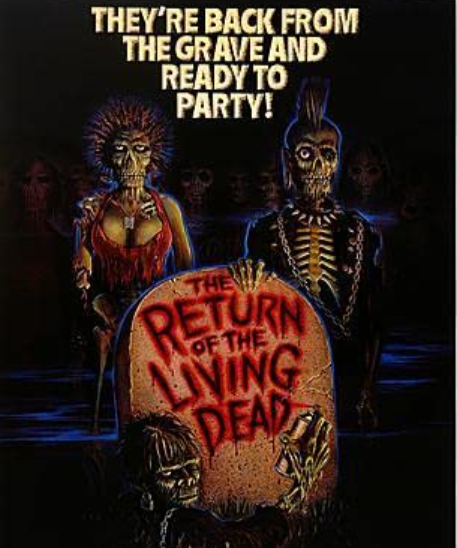Night of the Living Lochner
November 12, 2022 In the 1985 classic, “Return of the Living Dead,” a rainstorm spreads a zombie-creating chemical throughout a city. In 2022, the Supreme Court’s relentless focus on originalism in cases like Dobbs has also awakened long-dead legal doctrines (even as it put to bed the prospects for a “Red Wave” in 2022’s Congressional elections).
In the 1985 classic, “Return of the Living Dead,” a rainstorm spreads a zombie-creating chemical throughout a city. In 2022, the Supreme Court’s relentless focus on originalism in cases like Dobbs has also awakened long-dead legal doctrines (even as it put to bed the prospects for a “Red Wave” in 2022’s Congressional elections).
Such a resurrection can be seen in the concurrence from Golden Glow Tanning Salon v. City of Columbus, No. 21-60898 (Nov. 8, 2022), which advocates an examination of a “right to earn a living” in light of how such economic matters were understood in the late 1700s.
Of course, that phrasing is precisely how the Supreme Court described the issue in Lochner v. New York, the long-discredited 1905 opinion that struck down a maximum-hour restriction in the baking industry:
“Statutes of the nature of that under review, limiting the
hours in which grown and intelligent men may labor to earn their living, are mere meddlesome interferences with the rights of the individual ….”
The Supreme Court abandoned Lochner in the 1930s when laissez-faire ideas proved useless in the face of a systemic failure of capitalism itself. There is, of course, ample room for argument about the proper role of government in the economy. But the invocation of “originalism” to simply ignore Lochner ‘s failure is not consistent with the recognized best practices for battling zombies.